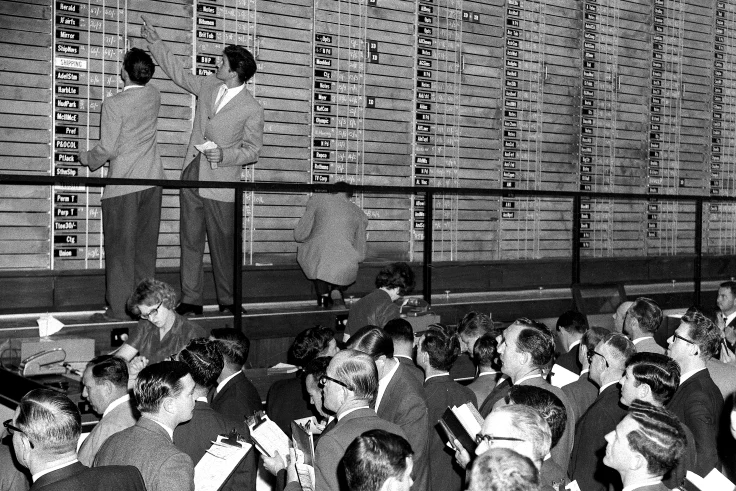Inflation is on everyone’s lips: petrol, meat, and vegetables are ludicrously expensive, and rents will likely increase as interest rates put pressure on mortgages. The money we get from our wages is worth less and less. It’s generally not a problem for capital that workers struggle to survive. However, when things get so out of hand that they threaten to disrupt the usual money-making patterns, then it becomes a “financial crisis”. For that reason, it’s important for socialists to bring some clarity to the issue and present a clear path forward out of this crisis for workers globally.
There are many immediate causes to the current devaluation of money. The two most significant are the shocks delivered to the supply-chain by the COVID-19 pandemic, and the war in Ukraine. In February we released a joint statement that included some detail on what it would mean for the supply and price of wheat specifically:
Lebanon […] already in the throes of an economic crisis, imports 50% of its wheat from Ukraine. Libya imports 43%. By value, 86% of Egypt’s wheat imports come from Ukraine and Russia.
In addition to the wheat destabilisation, there has also been a wild fluctuation in the price of oil – at present, oil is around USD$110 a barrel, compared to $62 a barrel this time last year.
The Governor of the Reserve Bank of Australia Philip Lowe has mentioned these issues in his recent press releases, but has also mentioned the problem of the “tight labour market,” a hint at how the ruling class deals with crises: by attacking the working class. On 21 June, Lowe stated that pay rises should not “mechanically” match the inflation rate, arguing that a wage increase of around 3.5% is around the maximum of what is “sustainable” (i.e. will keep profits increasing). Since the RBA is predicting an inflation rate of 7% by the end of the year, this amounts to a pretty serious wage cut. The government is on the RBA’s side on this point, with Treasurer Jim Chalmers stating, “We don’t believe that there should be an automatic, mechanical minimum wage rise on every occasion that perfectly matches the headline inflation rate.”
For us, unconcerned with getting capitalists’ profits back up, our response is simple: workers must fight to drag profits away from bosses and shareholders. Far from being a “wage-price spiral,” a myth which has festered since the 1970s, this is a “profit-price spiral,” caused by the ever increasing inequality of the capitalist market.
Workers must ignore the pleading from politicians and capitalists to be “responsible” in their wage demands, and instead push for the wages and conditions they deserve. There have been impressive actions by teachers, rail workers, nurses, and others in the public sector that not only demonstrate a will to fight, but a will to break our strict industrial relations laws.
This confidence is essential to fighting back, particularly in the private sector which is much more restrictive. There has been much discussion on the left about regaining the “right to strike,” but the truth is we have always had it – we just need to develop the confidence and organisational capacity to use it as a working class united across workplaces and industries.
Wage increases are not the only solution, though. Indeed, such a crisis obliges us to fight exploitation at home as well as at work. In past crises, renters’ unions undertook serious struggles against exploitative landlords who sought to raise rents and evict tenants. In this sense, the increasing activity of tenants’ organisations like the South East Queensland Union of Renters or the Renters and Housing Union in Victoria are inspiring.
There is also the prospect of greater direct action to secure reductions in the price of essential goods and services. In the crisis in Italy during the 1970s, campaigns of non-payment of electricity bills coincided with joint actions with bus workers to fight fare increases. In a number of instances, the mass appropriation of groceries from supermarkets was organised, implementing a mass “self-reduction” of prices.
Capitalism is an inherently crisis-ridden system; it cannot be anything else. It’s for this reason that the communist movement has historically sought to go beyond the demand of a fair wage for a fair day’s work and instead fight for the abolition of the wages system altogether.
The workers’ unions, housing groups, activist networks, and socialist organisations that drive working-class struggle lay the groundwork for the creation of a totally new system: one where life’s basics are not commodities, but things guaranteed to us, freely given and freely taken based on need. The current system is based on the needs of profit above all. What we need instead is one based on the needs of human society, libertarian communism.
